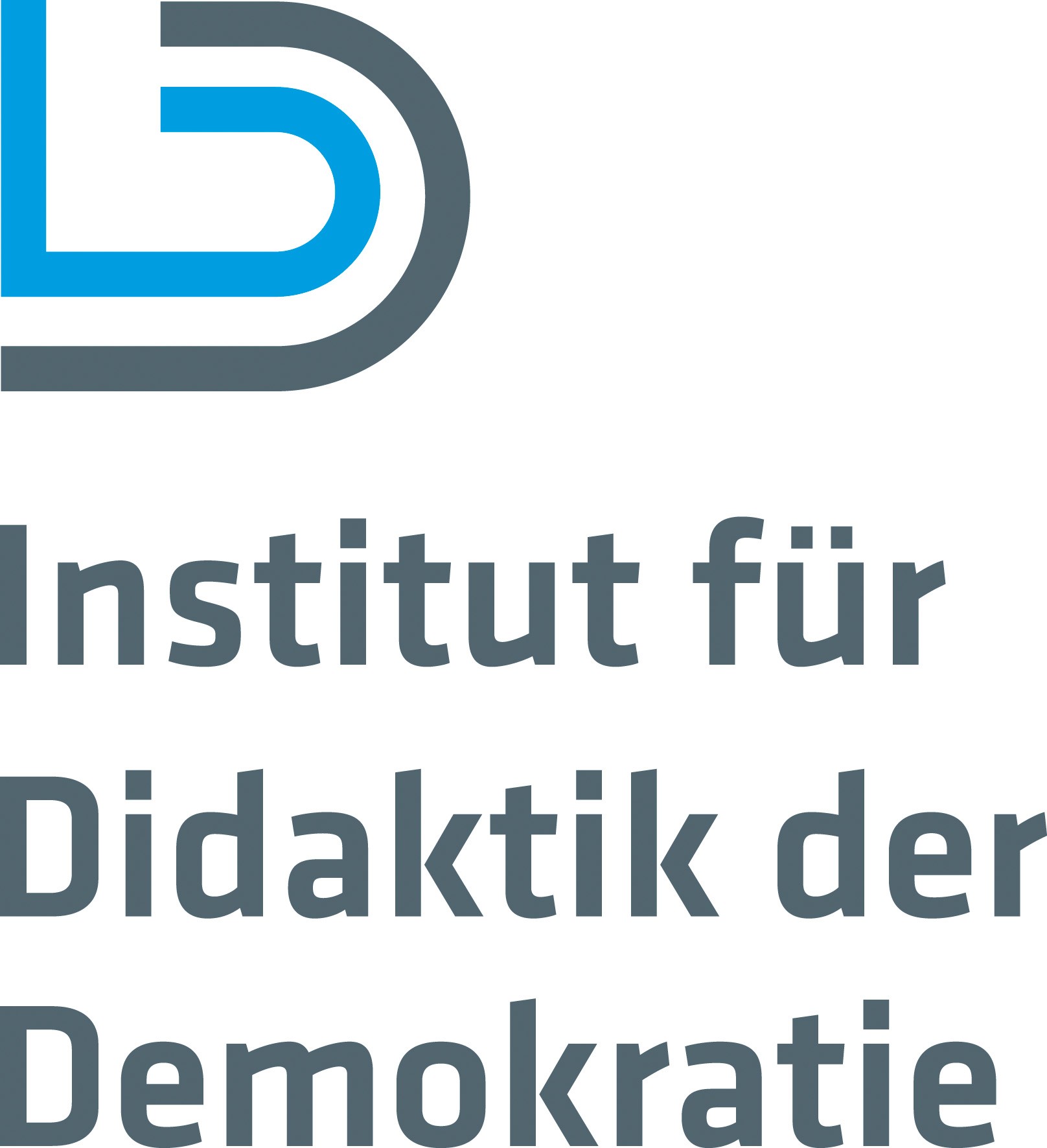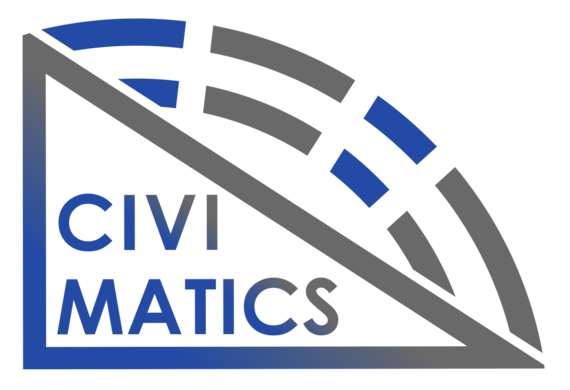
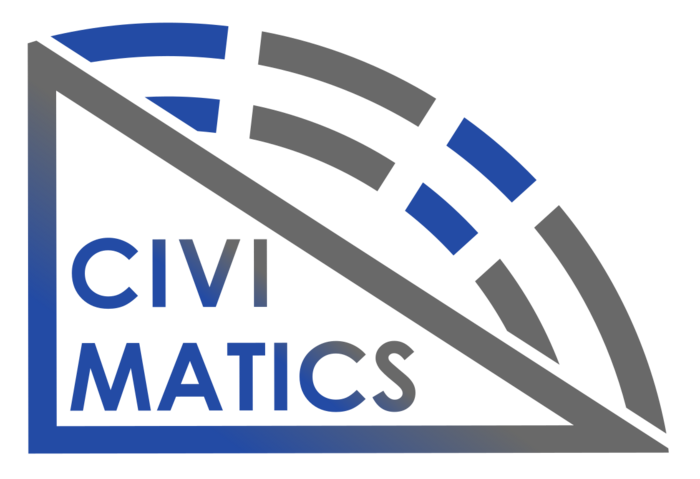
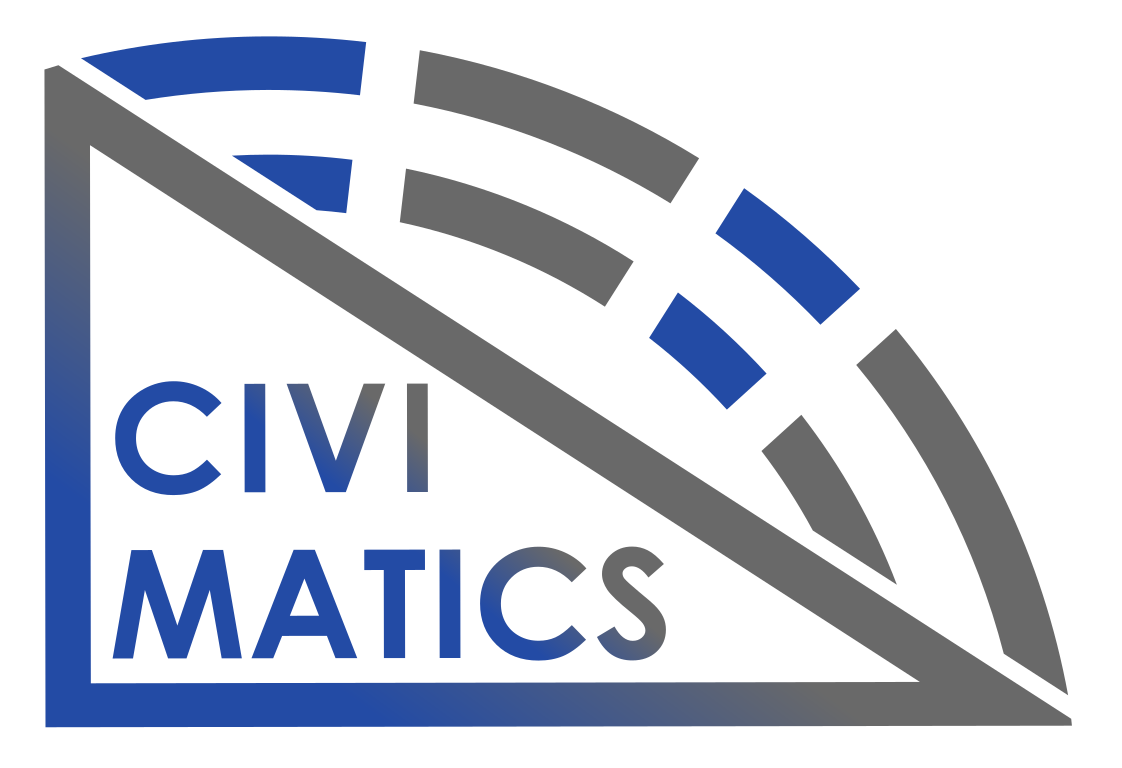
The Erasmus+ funded CiviMatics project is a strategic partnership between Leibniz University Hannover, Babeș-Bolyai University, Norwegian University of Science and Technology, Paderborn University, and University of Vienna. The project aims to combine approaches of political and mathematics education. Materials will be developed for mathematical modelling of political issues in teacher education, in particular on climate change. Mathematics education frameworks to be used are the ‘Modelling cycle’ and the ‘Anthropological theory of the didactic’. These frameworks will be complemented by theoretical tools from civic education to establish an approach to normative modelling, which involves developing models that help to define optimal choices. Cooperation between partners in the development and testing of the materials will contribute to applicability of the project outcomes in countries of the European Union.
Project manager

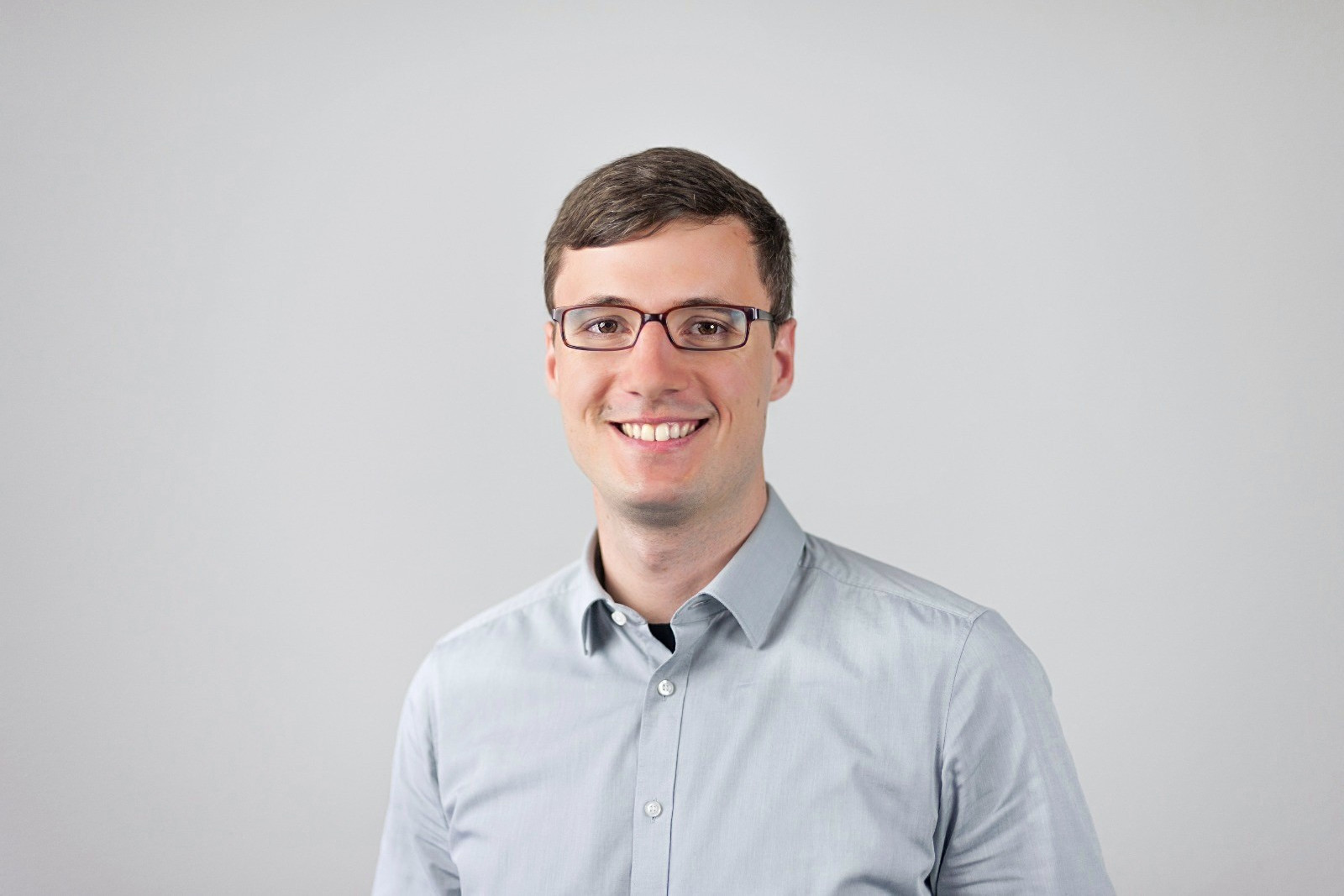
30167 Hannover


Project lead


30167 Hannover


Project
The aim of the "CiviMatics" project is to develop materials for mathematical modelling of political, social and ecological issues, especially in teacher training. Modelling is understood here as the application of mathematics to reality and is one of the educational goals in schools and universities. At present, mathematical education ignores the social importance of assumptions and simplifications in modelling. Similarly, in political education the mathematical background of modelling is not adequately reflected, so that the significance of such assumptions and simplifications is not recognized, alternative modelling is not apparent and results often have to be understood as unquestionable facts. Without a reflection on the role and impact of certain assumptions, the results of the modelling then seem to be mathematically forced by the unambiguous calculation. Possible weightings and value judgements in the modelling remain hidden behind the reduction to the real model.
As a result, relevant points for discussion are lost and the societal scope for action can only be insufficiently democratically negotiated. CiviMatics will therefore develop both a didactic framework for how to deal with these complex and normative models in higher education and concrete scenarios and teaching/learning materials. Current topics from climate and environmental protection will be addressed, e.g. the modelling of CO2 emissions attributable to food. The focus will not be on carrying out mathematical calculations, but on the main assumptions and possible alternatives. By discussing these questions, it will become clear which results from models are generally valid and which results depend essentially on assumptions or points of view. This allows a more qualitative and critical discussion of the social significance of the results. In essence, the awareness of the possibilities and limitations of statements obtained with the help of mathematical models should be sharpened in the context of democratic decision-making.
Results
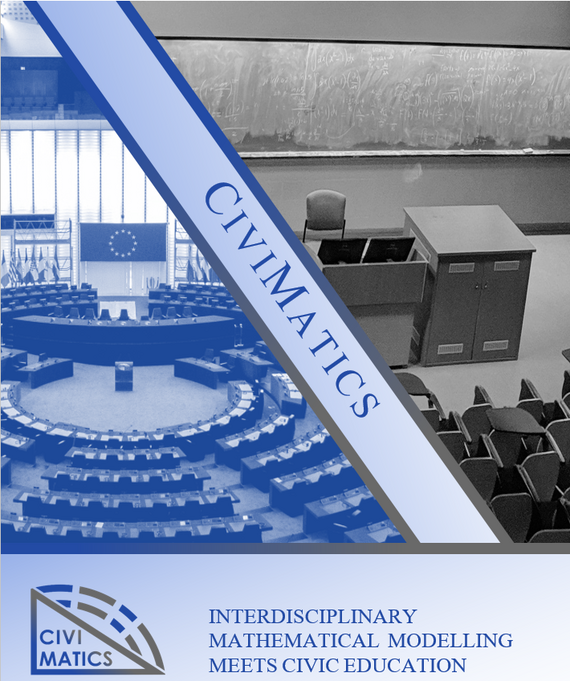
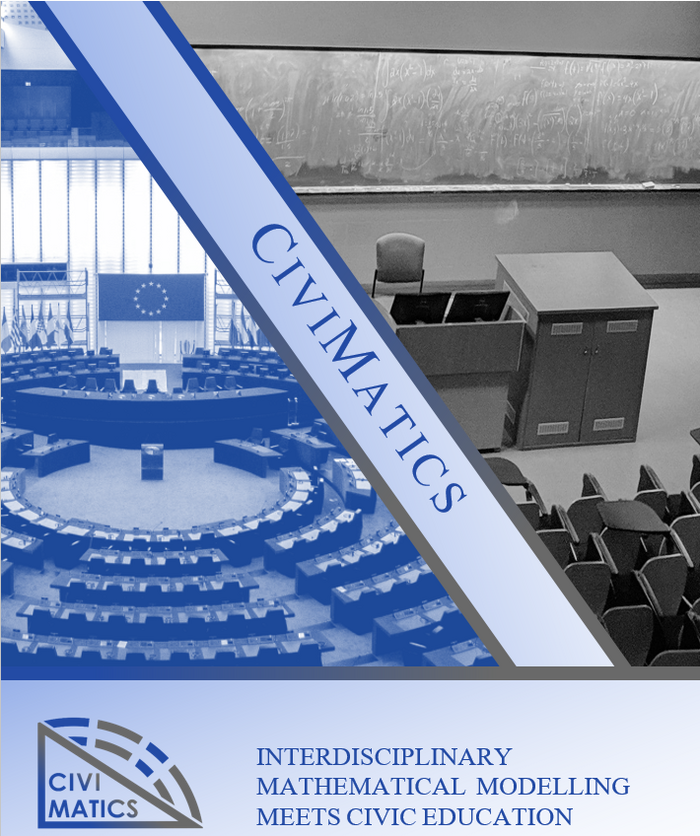
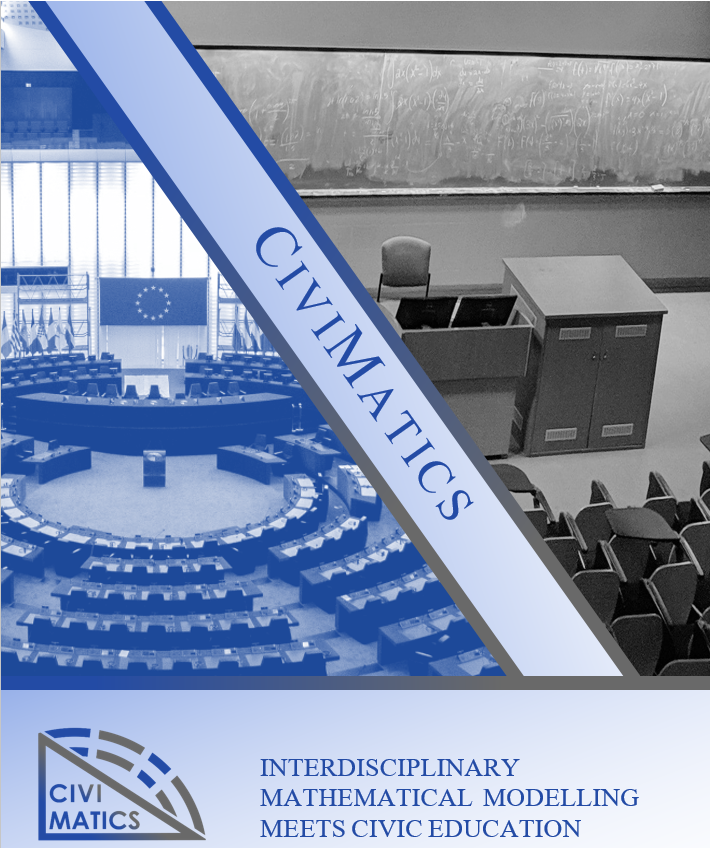






Handbook: CiviMatics - Interdisciplinary mathematical modelling meets civic education
The goal of this handbook is to offer educational tools for enhancing the competences of future teachers to address complex societal challenges in their classrooms and to combine socio-scientific and mathematical perspectives to help their students understand various aspects connected to these issues. The modules outlined in this book address these issues from different disciplinary viewpoints and use diverse approaches to combine mathematics education and civic education.
This book contains six different modules:
- The first module, created by Heidi Strømskag, uses two inquiries structured as study and research paths (SRPs), both centred on the topic of climate change.
- The second module, developed by Frode Rønning, uses a different approach to teach about (normative) mathematical modelling and is aimed at teachers with insufficient formal background in mathematics to teach at the secondary school level, but who do so despite of lacking the formal qualifications.
- The third module, developed by Jakob Steinbachner and Nicola Nagy, takes a different perspective on the topic of climate change and the interdisciplinary perspectives connected to it.
- The fourth module, developed by Bastian Vajen, uses perspectives from citizenship education but highlights the potential of its cooperation with other subjects.
- The fifth module, created by Lara Gildehaus and Michael Liebendörfer, addresses the connection between citizenship education and mathematics education from the perspective of mathematics and mathematics education.
- Lastly, the sixth module, developed by Florin Fesnic, focusses on science education as an important element of informed decisions in democratic societies.
You can find a comprehensive version of this handbook (in English) and abbreviated translations below.
News & Events
2023
Normative Modellierungen als Verbindung zwischen mathematischer und politischer Bildung, Tagung der DVPW-Sektion Politikwissenschaft und Politische Bildung, Potsdam, 07.09.2023 (Bastian Vajen, Lara Gildehaus & Stefan Pohlkamp)
Descriptive and normative modelling of systems using functions, Norwegian University of Science and Technology, Trondheim, 12.08.2023/13.08.2023 (Vegard Topphol)
CiviMatics – Challenges and potentials of an interdisciplinary approach on normative modelling Mathematics Ecucation and Society (MES) 12, São Paulo, 28.07.2023 (Lara Gildehaus, Robin Göller, Michael Liebendörfer & Bastian Vajen)
Is the Climate Catastrophe fair? Climate justice as a topic in the classroom and in teacher education, University of Vienna, Vienna, 30.06.2023 (Nicola Nagy & Jakob Steinbachner)
Stories about scientific research, SCOPE: SCIENCE OF POLITICS – International Interdisciplinary Conference of Political Research, University of Bucharest, 23.06.2023 (Florin Fesnic)
Mathematik trifft politische Bildung, Studienseminar Hannover II, Hannover, 13.06.2023 (Michael Liebendörfer & Bastian Vajen)
Matematisk modellering i et nytt didaktisk paradigme, Nord University, Faculty of Education and Arts, 12.05.2023 (Heidi Strømskag)
Studie- og forskningsprosesser i et nytt didaktisk paradigme, Norwegian University of Science and Technology, Trondheim, Norway, 03.05.2023(Heidi Strømskag)
Mathematisch-politische Bildung, GPJE Nachwuchstagung, Bocholt, 24.02.2023 (Bastian Vajen)
2022
Algebra as a modelling tool in student teachers’ investigations of the natural and social world, N2AL Conference (Nordic Network for Algebra Learning), Karlstad, Sweden, 05.12.2022 (Heidi Strømskag)
Is the Climate Catastrophe fair?, 4th Vienna Conference on Citizenship Education, Vienna, 11.11.2022 (Nicola Nagy & Jakob Steinbachner)
Mathematik ist politisch – Ansätze interdisziplinären Lernens zum Thema Klimawandel im Mathematik- und Politikunterricht, Mathematische Bildung neu denken: Andreas Vohns erinnern und weiterdenken, Siegen, 29.10.2022 (Lara Gildehaus, Michael Liebendörfer & Bastian Vajen)
Stories about scientific research, Antalya International University, Turkey 26.09.2022/29.09.2022 (Florin Fesnic)
Tverrfaglige studie- og forskningsløyper om klimaendringer i et lektorprogram i realfag, KLæM, National Conference for Teacher Educators of Mathematics. Kristiansand, Norway, 19.09.2022 (Heidi Strømskag)
Elites, media, civic and scientific education, and response to Covid-19 in the US and Romania, ECPR General Conference, University of Innsbruck, 26.08.2022 (Florin Fesnic)
Stories about scientific research, University in Sibiu, Romania, 18.05.2022 (Florin Fesnic)
Stories about scientific research, Faculty and PhD students from the Department of Political Science at the University of Illinois Urbana-Champaign, USA, 13.04.2022 (Florin Fesnic)
Three Toxic Ingredients Making the COVID-19 Pandemic Worse: United States and Romania Compared, Annual Meeting of the Midwest Political Science Association, Chicago, IL, 10.04.2023 (Florin Fesnic)
Mathematisches Modellieren als Grundlage kritischer Urteilsbildung in der Politischen Bildung am Beispiel des Klimawandels, Tagung der Deutschen Arbeitsgemeinschaft Statistik (DagStat) 2022, Hamburg, 28.03.2022 (Lara Gildehaus & Bastian Vajen)
Modelling climate change through Study and Research Paths, 12th Congress of the European Society for Research in Mathematics Education (CERME12), Bozen-Bolzano, 06.02.2022 (Yael Fleischmann, Frode Rønning & Heidi Strømskag)
2021
Modelling of climate change in the CiviMatics project, Herbsttagung des GDM-Arbeitskreises „Mathematik und Bildung“, 22.10.2021 (Yael Fleischmann, Frode Rønning & Heidi Strømskag)
Das politische Urteil vor dem Hintergrund einer gesellschaftlichen Mathematisierung, Urteilsbildung im Dialog - Interdisziplinäre Tagung zu Fragen urteilssensiblen Unterrichts, Jena, 26.09.2021 (Lara Gildehaus & Bastian Vajen)
Interdisziplinärer Politikunterricht am Beispiel von künstlicher Intelligenz und Klimawandel, GPJE Jahrestagung, virtual event, 12.06.2021 (Lara Gildehaus & Bastian Vajen)
2020
CiviMatics -Mathematisierung als Herausforderung für die Urteilsbildung am Beispiel Klimawandels, DVPB Herbsttagung, virtual event, 12.11.2020 (Lara Gildehaus, Michael Liebendörfer, Bastian Vajen & Christoph Wolf)
Publications
Vajen, B., & Gildehaus, L. (2023). Mathematisch-politische Bildung. In M. Oberle & M.-M. Stamer (Eds.), Politische Bildung in der superdiversen Gesellschaft (pp. 179–187). Wochenschau Verlag.
Fleischmann, Y., Rønning, F., & Strømskag, H. (2022). Modelling climate change through Study and Research Paths. Proceedings of the 12th Congress of the European Society for Research in Mathematics Education (CERME12), February 2022, Bozen-Bolzano, Italy. https://hal.archives-ouvertes.fr/hal-03759071/document
Gildehaus, L. & Liebendörfer M. (2021). "CiviMatics - Mathematical Modelling meets Civic Education", In D. Kollosche (Ed.), Exploring new ways to connect: Proceedings of the Eleventh International Mathematics Education and Society Conference (Vol. 1, pp. 167-171). Tredition.
Vajen, B., Gildehaus, L., Liebendörfer, M. & Wolf, C. (2021). Mathematisierung als Herausforderung für die politische Bildung. In S. Kenner & T. Oeftering (Hrsg.), Standortbestimmung Politische Bildung: Gesellschaftspolitische Herausforderungen, Zivilgesellschaft und das vermeintliche Neutralitätsgebot (S. 188–200). Wochenschau Verlag.
About Us
Leibniz University Hanover



The Coordinator of the Project is the Institute for Didactics of Democracy of the Leibniz University Hannover in Germany. The university was funded in 1831, nowadays it has 21,000 students and 4,700 staff members. Didactics of Democracy describes the scientific examination of a “learning democracy”. Students who will become teachers for civic education are enrolled here. Active citizenship it the focal point of teaching and researching. The Institute has a strong record of developing educational tools, curricula and teaching material.
Website: https://www.idd.uni-hannover.de/
Babeș-Bolyai-Universität Cluj



Babeș-Bolyai University is a dynamic and constructive institution well integrated into society and oriented towards future, a future which it can design, prepare and build. An institution that can only be conceived within the framework that consecrated it, that of the universitas magistrorum et scholarium (“community of magistrates and disciples”), of the community of teachers and students, of the “corporation of equals” with an exclusive preoccupation for innovation and knowledge.
Contact Person: Florin Fesnic (fesnic@fspac.ro)
Website:
Norwegian University of Science and Technology
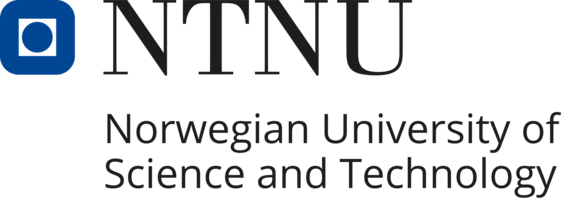
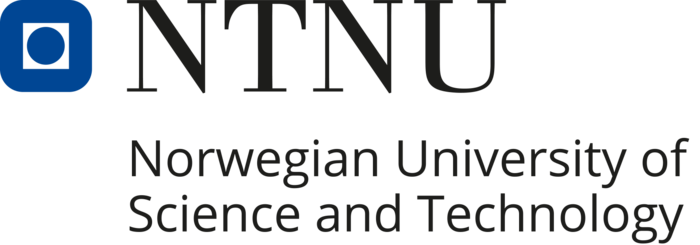
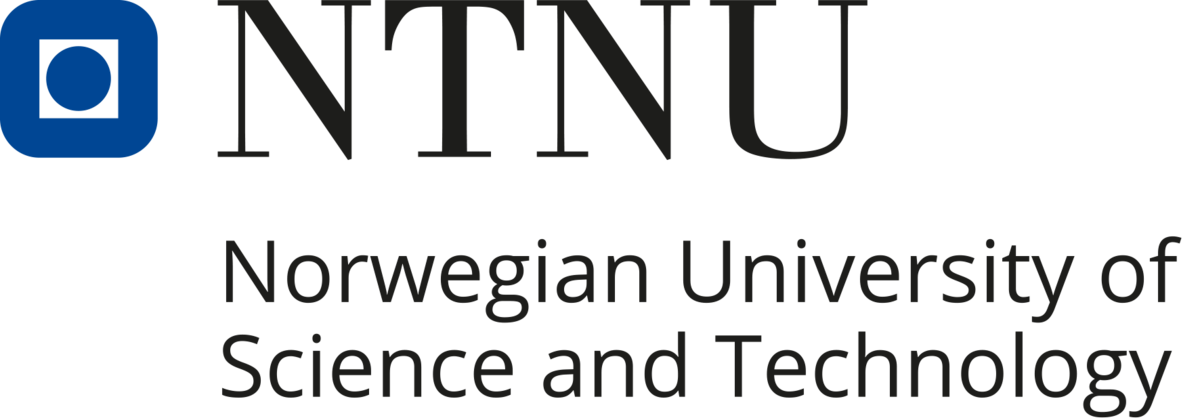
NTNU has the main responsibility for education and research in engineering and technology in Norway. The Department of Mathematical Sciences with more than 200 employees is a national centre for teaching and research in mathematics and statistics. It plays an essential role in educating engineers and mathematics and science teachers. The department staff engage in these research areas: algebra, analysis, differential equations and numerical analysis, didactics of mathematics, geometry and topology, and statistics.
Contact Person: Heidi Strømskag (heidi.stromskag@ntnu.no)
Website: https://www.ntnu.edu/
University of Paderborn



Paderborn University is the University for the Information Society. Our strong foundation in computer science and its applications, as well as the importance of IT for a growing number of disciplines, are the pillars for this claim. The institute of mathematics combines outstanding mathematical research, a strong focus on mathematics didactics, and diverse industry collaborations with excellent support and individual mentoring for our students. Research and teaching at an international level - competitive and future-oriented.
Contact Person: Lara Gildehaus (lara.gildehaus@math.uni-paderborn.de)
Website: https://www.uni-paderborn.de/
University of Vienna
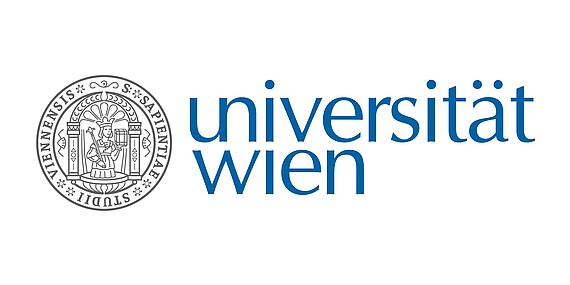
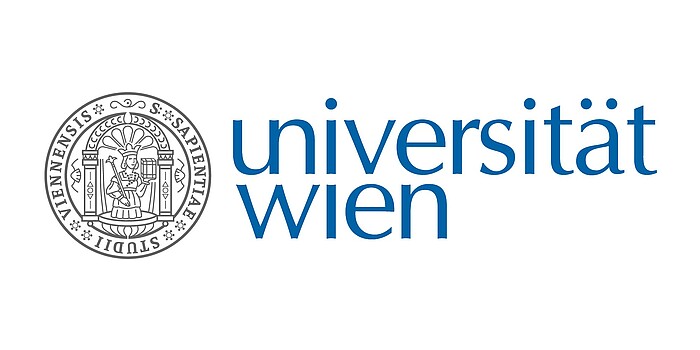
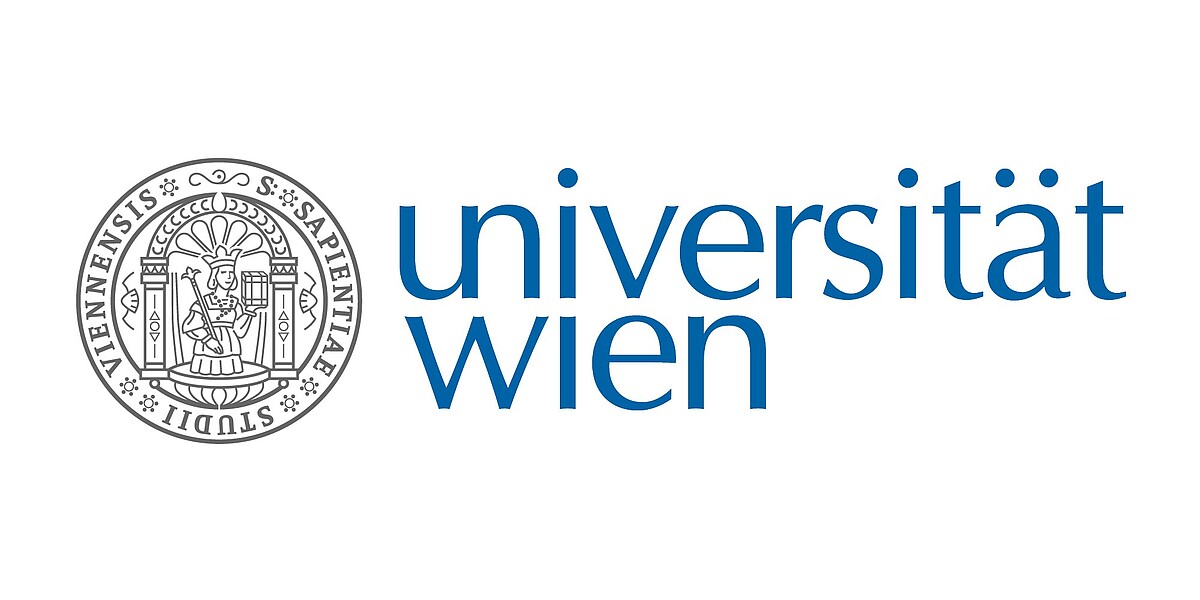
In the field of research, the University of Vienna is subdivided into 15 faculties and 5 centres. 49 directorates of studies and the Studienpräses (officer responsible for the implementation of the study law) are responsible for the organisation of courses. The research group of didactics of civic and citizenship education was established in March 2017 at the Centre for Teacher Education in order to strengthen civic and citizenship education within the education of teachers at the University of Vienna.
Contact Person: Nicola Nagy (nicola.nagy@univie.ac.at)
Website: https://www.univie.ac.at/



This project has been funded with support from the European Commission. This communication reflects the views only of the author, and the Commission cannot be held responsible for any use which may be made of the information contained therein. Submission Number: 2020-1-DE01-KA203-005707.
